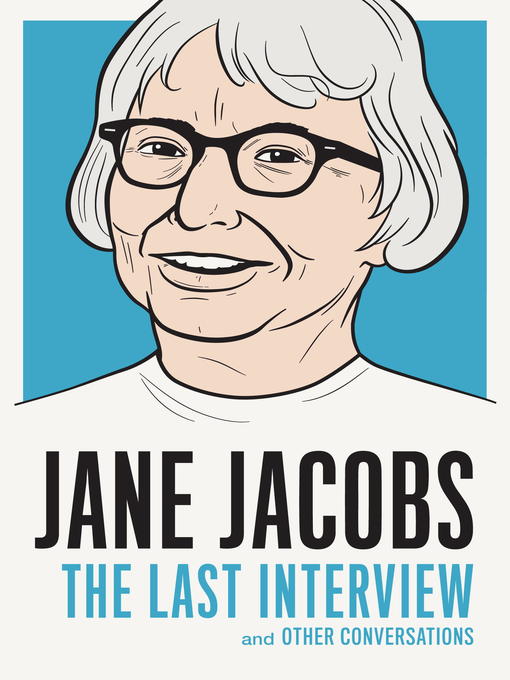- Available now
- New eBook additions
- New kids additions
- New teen additions
- Most popular
- Try something different
- Local History
- Project Gutenberg
- See all ebooks collections
- New audiobook additions
- Available now
- New kids additions
- New teen additions
- Most popular
- Try something different
- See all audiobooks collections
- Latest Magazine Issues
- Celebrity
- Canadian Magazines
- Food and Cooking
- Sports
- Children's Magazines
- Health & Fitness
- Chinese Magazines
- See all magazines collections

